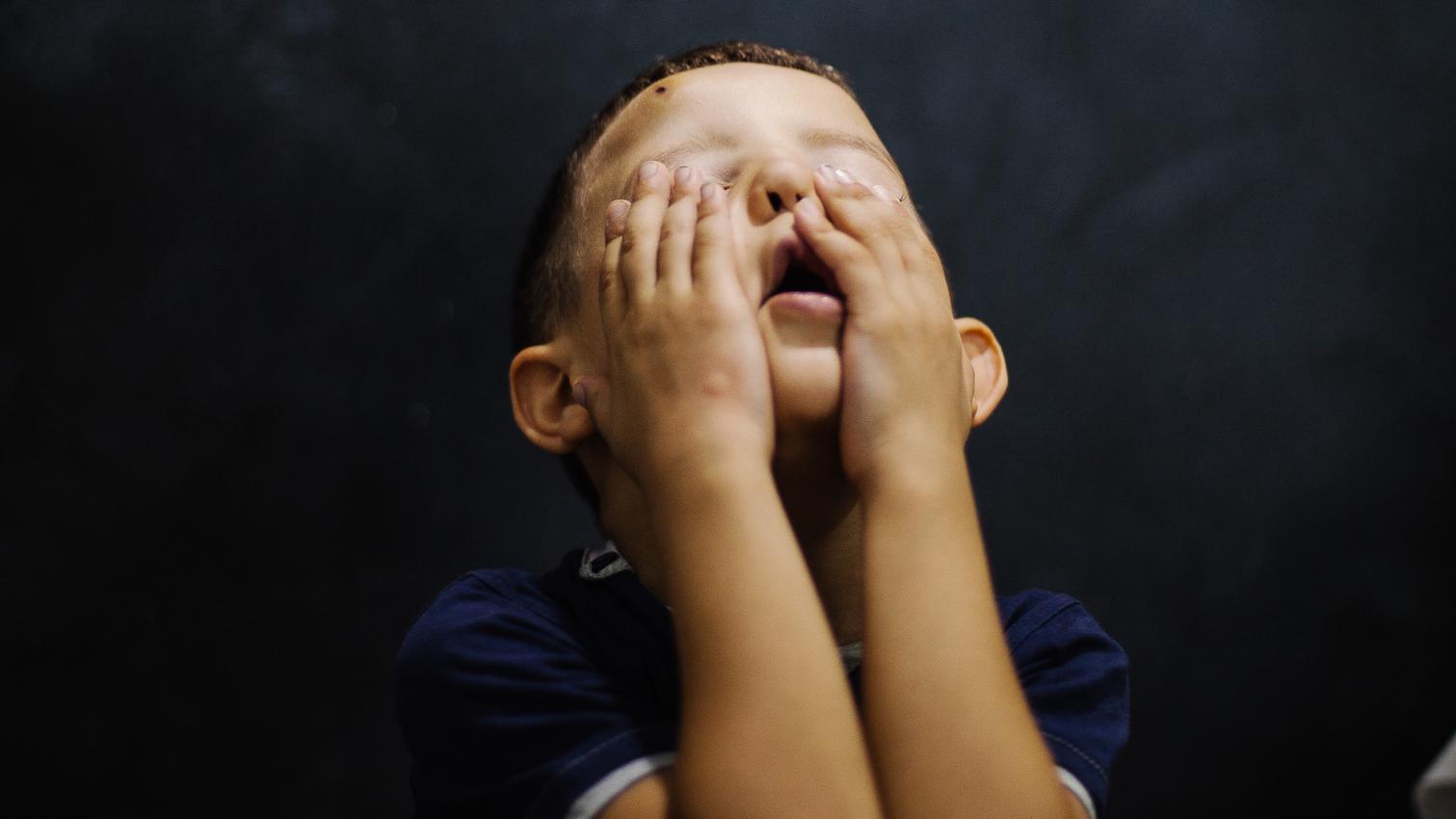

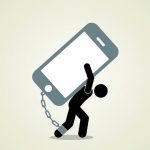





Those small but attractive screens of smartphones and tablets have become omnipresent beings that exert a hypnotic power over children and adolescents. Control can go to extremes of reducing cognitive ability and increasing aggressiveness. Specialists consider that dependence on mobile phones is negative for the mental health and general academic performance of our children.
Francisco Villar, a child and adolescent clinical psychologist, talks about the subject in his book Without Screens I Feel and Think Better, in which he invites people to do without smartphones and tablets at least until they are 16 years old. And he does it with foundations, since since 2013 he has been in charge of the Care Program for Suicidal Behavior in Minors at the Sant Joan de Déu Hospital in Barcelona.
From the outset, he assures that it is a text to read together with our children and reflect on the ideas, raise questions. Take a moment to explain that all the time wasted on social networks prevents you from enjoying other things, that the family misses having your full attention.
Villar makes the reservation that he is not against screens, but in favor of life. Of the possibility of carrying out all the necessary learning in adolescence. “What we do are proposals for family life, limiting digitalization to what it should be according to its original creators: a help to free up hours, not the crusher of opportunities and human beings that it is now,” he explains. He says that when the screen is limited, the child will end up practicing free play and will learn to manage himself.
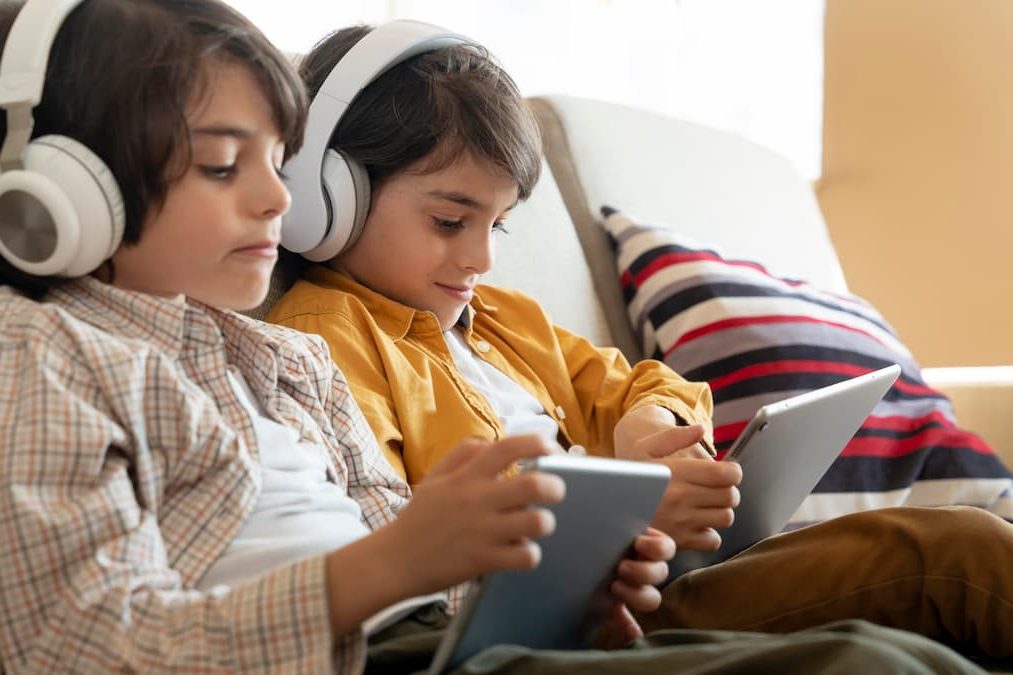

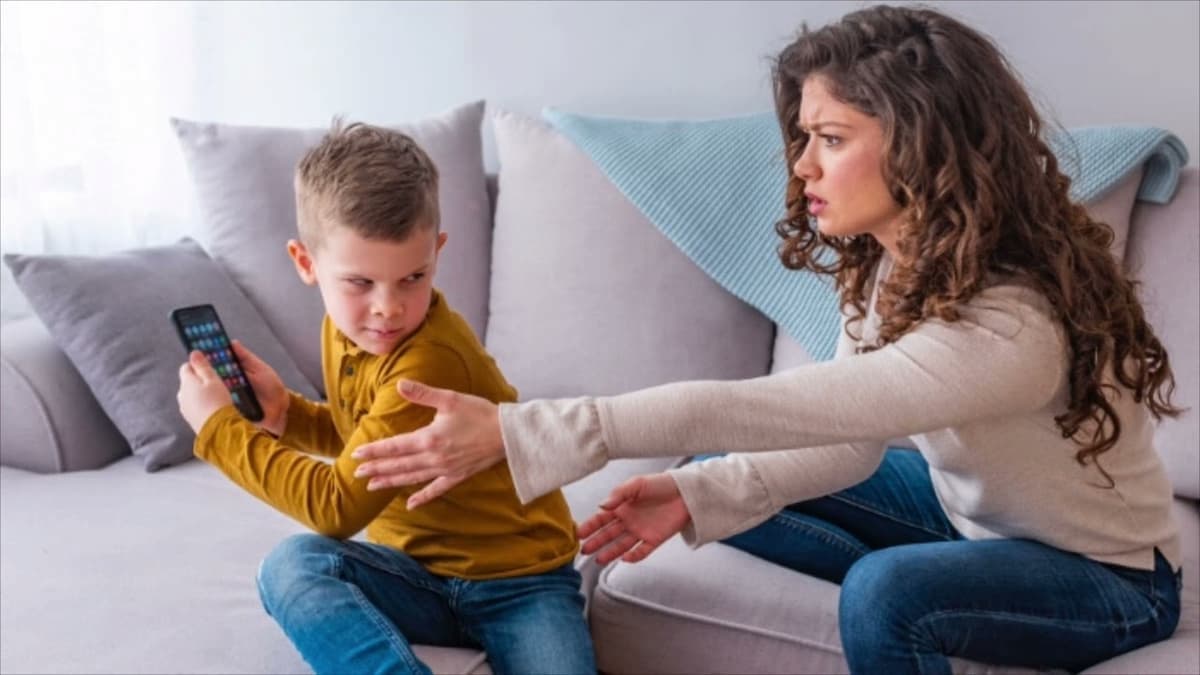

It brutalizes and enslaves
He agrees with those who see a decline in the cognitive development of children overexposed to screens and assures that schools in Spain are having to simplify exams because they cannot apply those from five or six years ago to children. Based on his work in the program for attention to suicidal behavior in minors, he warns that “the greatest protection against suicide is the verbal coefficient.”
He believes that life is a narrative and you need to have words to verbalize your own experience. «Boys who want to end their lives have poorer speech than ten years ago. Even worse, exposure to audiovisual content is aberrant,” she says.
It states that parents are not to blame for anything, because they always want the best for their children. «What happens is that they have been telling us that if you gave them some digital resources, they could be the Baby Einsteins. “It has been totally misleading advertising, it has not brought them anything and has even hurt them.”
The thing about digital natives also seems like a lie, since they have used devices since they were children, but they do not know how to use tools such as processors or search engines. In this sense, he makes a crushing assertion: “They are not using something, they are being used.” He indicates that it would be advisable, for example, for a child to write by hand. That he would value each idea, initiate the behavioral sequence to arrange the speech, correct. “If your son becomes aggressive if you take away his phone, what more do you need to see that he is feeling bad?” For his mental health and for the adult’s inner peace.
Pen against screen
For Villar, in terms of learning, paper and pencil are much more powerful. “I don’t know what we’re waiting for to remove them all and recover the computer room: tower computers placed against the wall so that the teacher can see the screens, teach the class and return to the classroom.” He warns that you have to educate for life, because telling your child everything bad about a mobile device and then putting it in their hand “is truly scary.”
A study carried out in the United States in 2017 showed that mobile phone addiction can have an impact on the brains of young people. Scientists used MRI images of the brains of some young people to show the impact of technology addiction. They determined that playing with the tablet or cell phone produced a release of neurotransmitters, such as dopamine. That young people experience a “digital high” and that, after playing, brain activity almost ceases. Which implies that executive functioning is affected.
Dopamine is also released when checking applications, social networks or receiving a “like”. Although it may seem incredible, researchers claim that there are similarities in shape with the images obtained in the MRIs of drug addicts. Changes in brain behavior can also have an impact on mood and concentration.
Studies have also shown that excessive use of mobile phones can cause anxiety and loneliness. Dependence on mobile phones sometimes causes irritation, frustration and impatience. Using a bright cell phone before bed delays the release of melatonin, the sleep hormone. Other related problems are low self-esteem and cyberbullying.
Distracted concentration
Being connected to social networks, and having games, videos and music available to them when they are doing homework can decrease attention. You only need to receive a notification to lose concentration. One study even showed that the mere presence of the cell phone, even if it is not used, is a distraction.
There is a fine line between overuse and addition. It is important to observe the child and recognize the signs of a mental health problem. The symptoms that indicate that our child has a mobile addiction are very similar to those of any other addiction, only in this case they are focused on the phone:
- Spend more and more time connected to your mobile
- He appears irritable, anxious and aggressive when not in contact with his phone, which disappears when he has access to it again.
- Humor changes.
- Alterations in sleep and eating.
- Stop doing other activities because you are on your cell phone (going outside, doing homework, watching television, sleeping).
- Loss of friends and social relationships due to spending too much time on the cell phone.
If there is addition
There are no specific parameters that indicate when we can speak of addiction. However, in children under 12 years of age, spending more than three hours online could be considered addictive behavior. To prevent these behaviors, it is recommended that children between 6 and 9 years old do not spend more than 30 minutes a day with electronic devices. For those from 8 to 14 years old, one hour is recommended, and from 14 years old it can be extended to two hours.
Education is the best way to prevent our children from developing a problem with their phones. In the same way that we teach them to wash their hands or say thank you, we must ensure that they learn to use their mobile phone correctly. Not only to prevent addiction, but also to protect them from the dangers of the Internet.
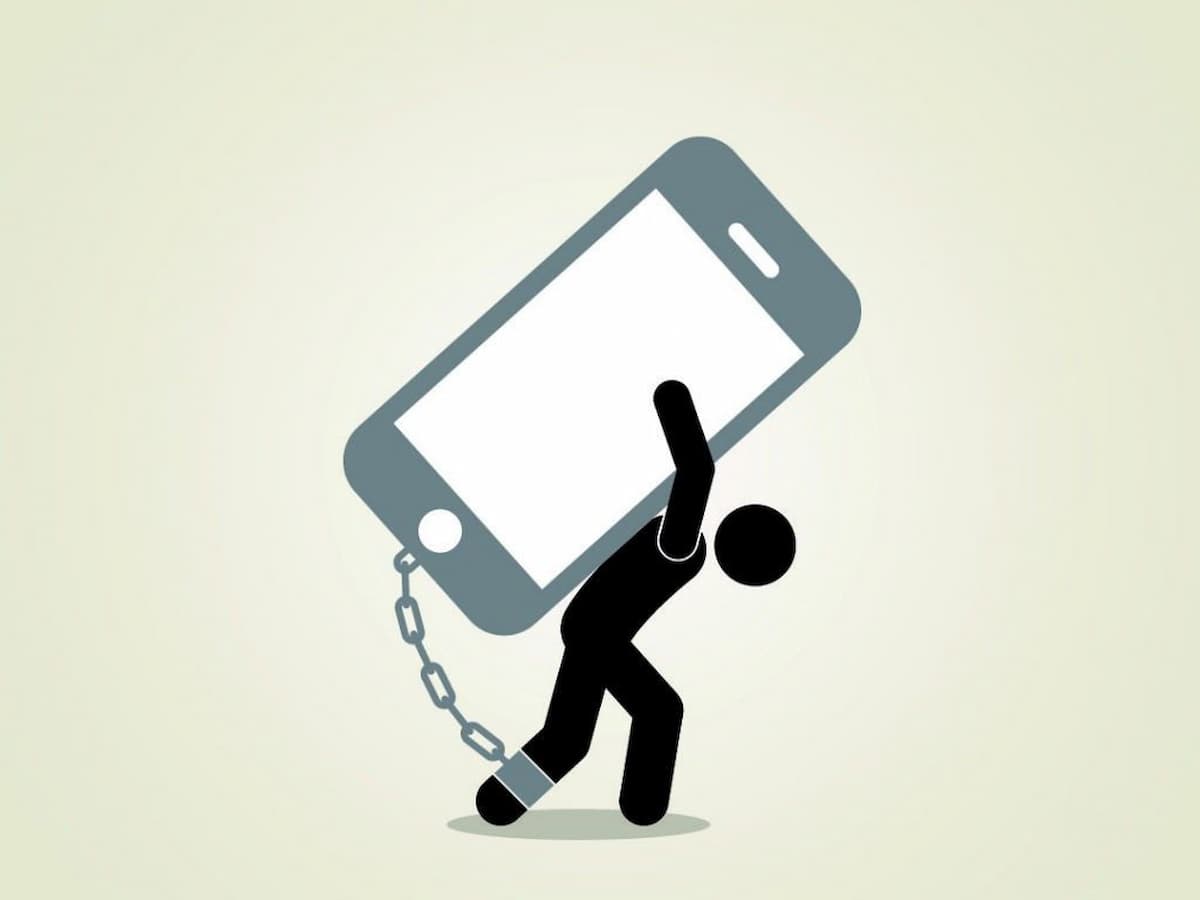



Parents should try to delay cell phone use as much as possible. To give children’s brains time to mature and develop their ability to self-control before giving them access to the phone. Furthermore, electronic devices cannot be in the child’s room, but in transit rooms, such as a living room or office. It is important that there is always an adult present when the minor is with the phone to control the time and content visited.
The possibilities offered by new technologies are limitless, but we must be able to teach them to take advantage of them responsibly and in moderation. If it is difficult for you, you can turn to a professional to help you learn to live with your mobile phone without becoming dependent on it.
Also in Cambio16.com:
Thanks for reading Cambio16. Your subscription will not only provide accurate and truthful news, but will also contribute to the resurgence of journalism in Spain for the transformation of conscience and society through personal growth, the defense of freedoms, democracies, social justice, conservation of the environment and biodiversity.
As our operating income comes under great pressure, your support can help us carry out the important work we do. If you can, support Cambio16. Thank you for your contribution!
-
Offer!


Magazine 2308 Total Subscription
The original price was: €40.00.The current price is: €36.00. Add to cart -
Offer!


Magazine 2308 Digital Subscription
The original price was: €23.00.The current price is: €19.90. Add to cart -


Magazine 2308
4.00€ Add to cart -


Magazine 2308 (Digital)
2.30€ Add to cart

